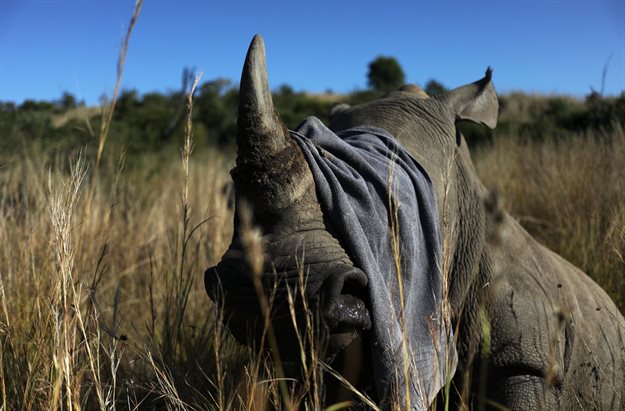
Top stories




Marketing & MediaAds are coming to AI. Does that really have to be such a bad thing?
Ilayaraja Subramanian 21 hours


More news
















The strict limits on travel, including international travel, imposed in March last year had the happy side effect of keeping poachers at bay. In 2020, 394 rhinos were poached, 30% fewer than the year before and the lowest yearly tally since 2011.
But then South Africa began easing international travel restrictions in November.
"Since November, December last year and into 2021, this landscape, and particularly Kruger National Park, has been experiencing serious numbers of rhino poaching incidents,” said Jo Shaw, the Africa rhino lead for WWF International Network.
She declined to say how many incidents had occurred.
"There is a very real and realised threat as poaching pressure has increased since lockdown, perhaps to meet the demand from the international markets," she said.
Rhino poaching often involves both local poachers and international criminal syndicates that smuggle the high value commodity across borders, often to Asia where demand is high.
Their methods are cruel: rhinos are sometimes shot with a tranquiliser gun before the horn is hacked off, resulting in the animal being left to bleed to death, Save the Rhino said on its website.
Other rhinos are killed with high-powered hunting rifles before the horn is removed, said Julian Rademeyer, director of the organised crime observatory for east and southern Africa at the Global Initiative Against Transnational Organised Crime.
Reserves, which have been battling tighter budgets amid a coronavirus-induced lull in tourism, have also been forced to cut back on anti-poaching patrols, compounding the threat to rhinos.
Some reserves use dehorning as a way to prevent armed poachers from taking advantage of easier cross-border travel.
Veterinarians cut the horn at the stub, rather than removing it all, which prevents the rhino from bleeding to death. Balule Nature Reserve, located in the greater Kruger system has de-horned 100 rhinos since April 2019.
The country's environmental ministry is expected to release its 2021 half-year poaching figures at the end of June.
"As [lockdown] restrictions over time have become less, there has been an uptick in poaching as a result," said Rademeyer.
South Africa has about 16,000 rhinos located within its borders, Frances Craigie, chief director of enforcement at the environmental ministry, told Reuters.
But relentless poaching and a drought in the North-East region has hit the rhino population hard. In the Kruger National Park, the number of rhinos has plummeted almost more than two thirds in the last decade to around 3,800 in 2019 from 11,800 rhinos in 2008, a South African National Parks report showed.

Reuters, the news and media division of Thomson Reuters, is the world's largest multimedia news provider, reaching billions of people worldwide every day.
Go to: https://www.reuters.com/